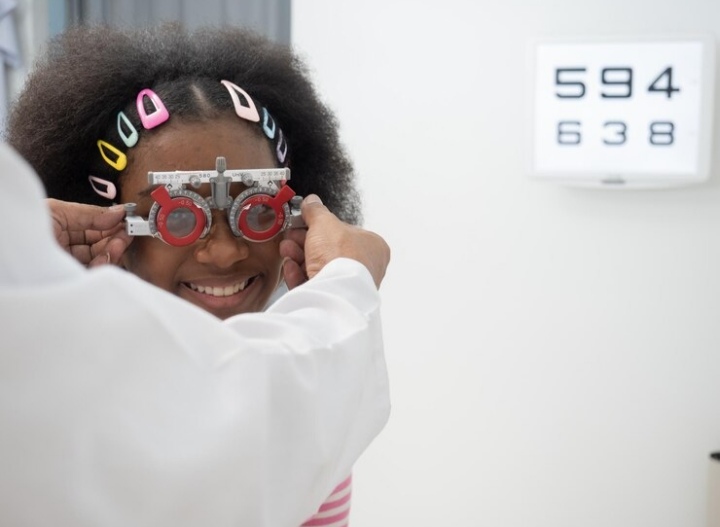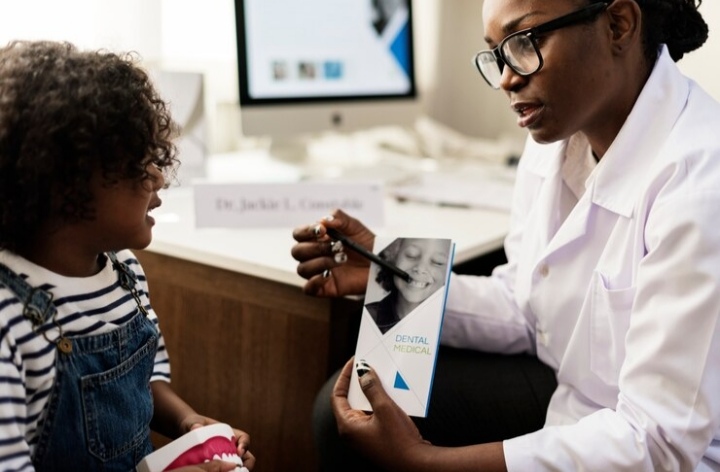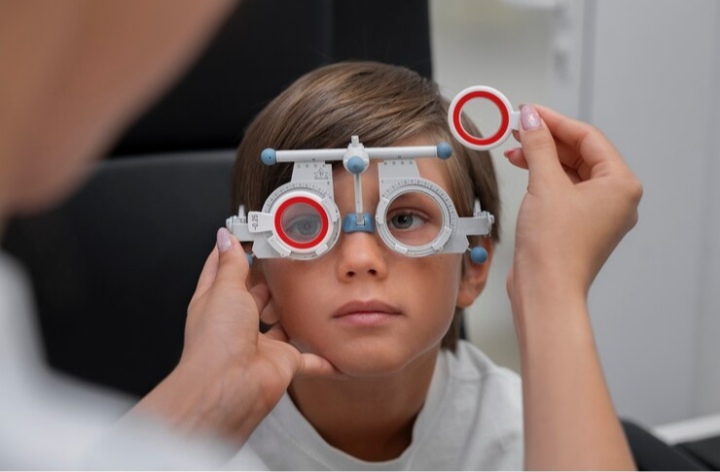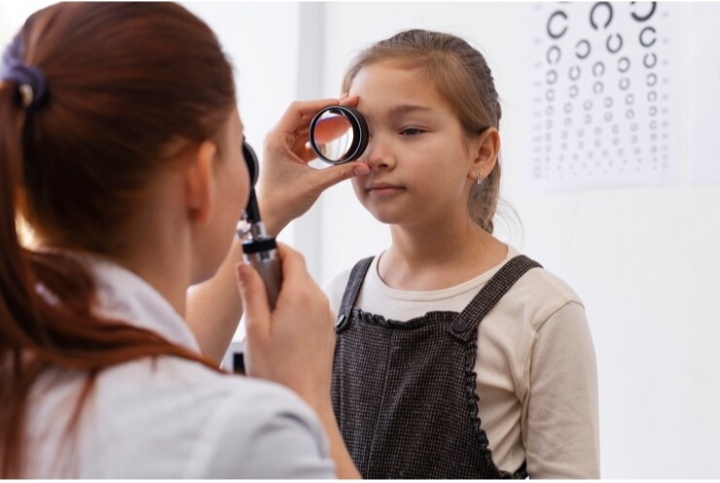Children’s Eye Exams

Comprehensive Children’s Eye Exams at Haven Opticals
At Haven Opticals, we understand the importance of early eye care for children. Our comprehensive children’s eye exams are designed to ensure your child’s vision and eye health are on the right track. With a friendly and comfortable environment, our experienced optometrists provide thorough and accurate eye exams tailored to your child’s needs.
Why Are Children’s Eye Exams Important?
Children’s eye exams are crucial for detecting vision problems that can affect learning and development. Early detection and treatment of eye issues can prevent long-term vision problems and support your child’s overall well-being.


What to Expect During a Child’s Eye Exam
Initial Consultation:
- Our optometrist will discuss your child’s medical history, any vision concerns, and any family history of eye conditions.
Visual Acuity Test:
- We will assess your child’s ability to see clearly at different distances using age-appropriate eye charts.
Binocular Vision and Eye Muscle Test:
- This test evaluates how well your child’s eyes work together and checks for any alignment issues.
Refraction Test:
- Determines if your child needs prescription glasses by measuring how light rays bend as they pass through their eyes.
Eye Health Examination:
- Using specialized equipment, we will examine the structures of your child’s eyes, including the cornea, iris, lens, and retina, to check for any abnormalities or conditions.
Color Vision Test:
- Assesses your child’s ability to distinguish colors using a series of patterns made up of colored dots.
Common Vision Problems in Children
Refractive Errors:
- Nearsightedness, farsightedness, and astigmatism are common refractive errors that can affect your child’s vision clarity.
Amblyopia (Lazy Eye):
- A condition where one eye is weaker than the other, often due to misalignment or a significant difference in prescription between the two eyes.
Strabismus (Crossed Eyes):
- Misalignment of the eyes, which can cause double vision or suppress vision in one eye.
Convergence Insufficiency:
- Difficulty in coordinating both eyes to focus on a close object, leading to reading difficulties and eye strain.
Color Blindness:
- Difficulty in distinguishing certain colors, typically red and green.

How Often Should Children Have Eye Exams?
Infants:
- A comprehensive eye exam should be conducted at 6 months of age to detect any early signs of eye or vision problems.
Preschoolers:
- Children should have another eye exam at age 3 to ensure their vision is developing normally.
School-Age Children:
- An eye exam should be conducted before starting school and then every two years unless recommended otherwise by an optometrist.


